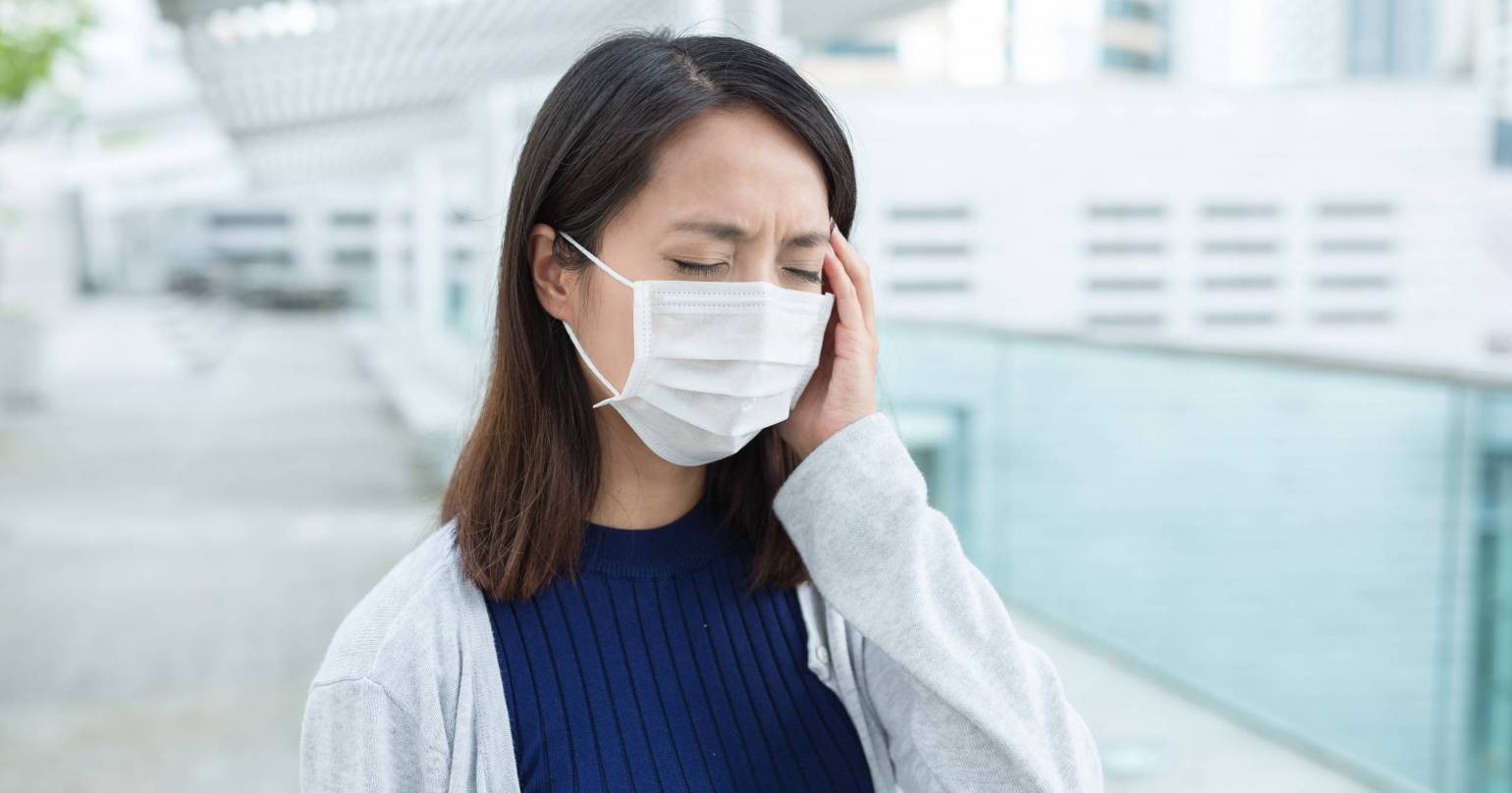Handling your Coronavirus Anxiety
As I am sure you know, the world is in the midst of a pandemic.
If you live anywhere in the US, it looks like you will probably be spending a lot of time with your partner in the next few weeks. In light of Covid 19 (aka the coronavirus), we’ve been told to practice “social isolation. So, you are avoiding crowds, maybe working from home and probably seeing a lot of your partner. There is a lot of uncertainty; a lot of anxiety. Whether you are the calmer or the more anxious partner, I have some suggestions.
Helping your Partner
First, let me talk to the calmer partner. If that is you, here are some ideas to help your partner.
• First and foremost, DO NOT say, “Stop worrying” Or “you are making too big a deal of this.” That will get you nowhere. Your partner will just feel like you don’t “get it” and may even feel more anxious.
• Instead, listen to your partner and reflect back their concerns. “Wow, you are really worried that we are going to be quarantined and we won’t have enough food for 2 weeks.” If you can, do this until your partner feels understood.
• Ask, “How can I help?” Including saying things like, “Is there anything that would make you feel better?” “Can I help you make a plan?”
• Only after that, only after your partner feels heard and supported, can you offer a dispute, like “we have plenty of food in the freezer. I really think we will be ok.” But to be honest, even then, disputes frequently go nowhere. When someone else helps you allay your anxiety, it usually only lasts briefly. It’s really an inside job. Your partner is the best person to calm your partner’s anxiety.
Helping Yourself
Which brings me to you, if you are the more anxious partner. We humans get anxious when we don’t know what the future will hold. We want to know what is going to happen to us, how everything will play out. We want to feel like we have some control. The unprecedented nature of the coronavirus brings out some anxiety in almost all of us. We don’t know exactly what is going to happen, but there are things we can do to control our anxiety and help keep ourselves and each other safe.
I posted yesterday about “flattening the curve.” There are lots of other places to get that information, so I am not going to review handwashing and “social isolation.” Both are important and should be practiced diligently. But that is about the virus itself. I want to talk about the anxiety, because there is also a lot you can do about that, as well.
First off, look at your fears. Name them. Be specific and write them down. So many times, when we are anxious, we have this horrible, “end of days,” dark cloud feeling hanging over us. If you are anxious, right now is probably one of those times. It’s hard to fight that kind of anxiety, because it is everywhere and nowhere at the same time. You can’t fight your anxiety because you don’t even know exactly what you are fighting against. But when you have something specific you can assess its likelihood and make a plan.
For example, you might write, “I’m worried that I will be out of work for a few weeks and I won’t have enough money.” That is a valid fear. Write it down. Make a list and then for each fear, write a more calming, more reasonable thought and make a plan. Such as, “Losing two week’s pay would be really bad, but it wouldn’t be the end of the world. I could get through it. I might go into debt, but in a few months, I could probably be back to where I am today.” That is still scary, but not insurmountable. No matter how big the fear, be specific. And remind yourself, that people have survived many scary times in history, so it is very likely you will survive this. Being specific, being realistic and having a plan helps us to feel more in control and calmer. I feel strongly that it is important to write this down. Doing it in your head only lasts a few minutes. Doing it on paper lasts hours. And that can be the difference between having a crappy day and a good day.
Then, once you have a plan, you are done. Here’s what I mean. Literally, schedule your worry time. Maybe spend up to an hour a day on these fears. Write them down, make a plan, then be done. When those fears, or new fears, pop up in your head, tell yourself, “I already worried about that. I have a plan.” or “I will worry about that tomorrow during worry time.” It might sound silly, but this works! And if you are doing it in the evening, make sure it is a few hours before bedtime.
Other helpful things to do-
• Get outside. You can take a walk without being close to people.
• Limit your news intake. You don’t need hourly updates.
• Make sure your news is from reputable sources.
• Limit social media. You don’t need the fears and speculations of every Tom, Dick, and Harry. They are just not helpful.
• Distract yourself. Read, listen to a podcast, watch a movie.
• Remind yourself that you are doing what you can and take one day at a time. Every day that passes is one day closer to the end of this crisis.
• Lastly, commit to staying present, right here, in this moment. Remind yourself that you are ok. Look around you. What do you see? For many of us, spring has sprung. Notice that. Enjoy it. What do you hear? Who are you with? What are they doing? What are they saying? They want to be with you, all of you. Be present with what is right in front of you, not with your worries.
Yes, these are tricky times. But we do have control over what we put in our heads, how we deal with our thoughts and how we treat each other. Choose wisely. Choose consciously.

